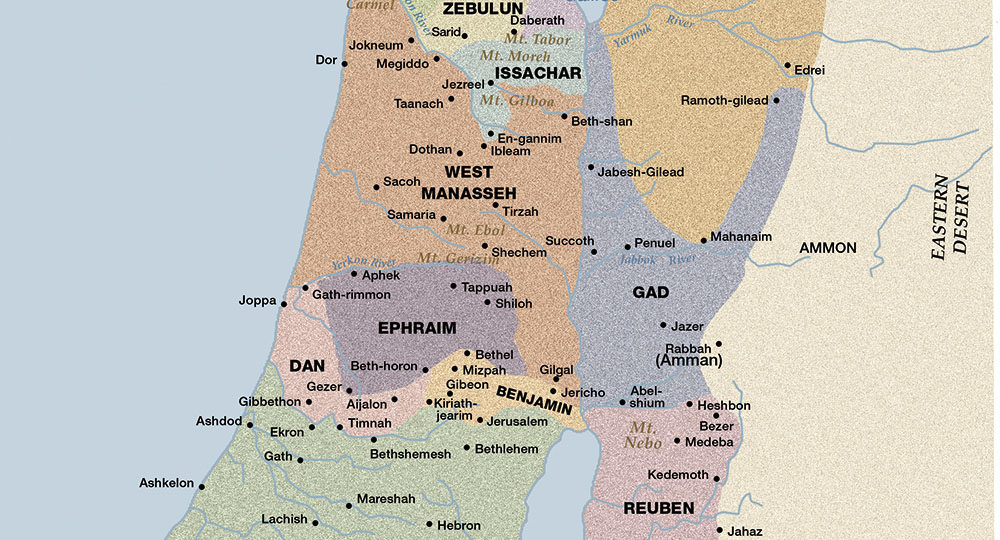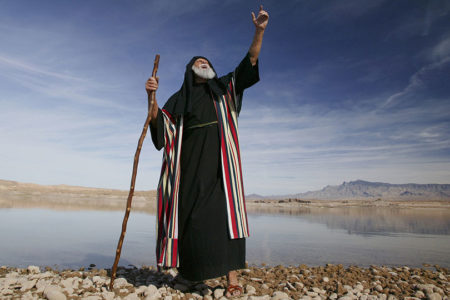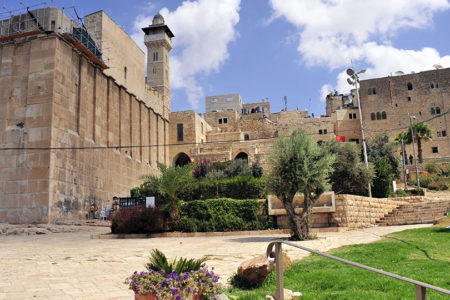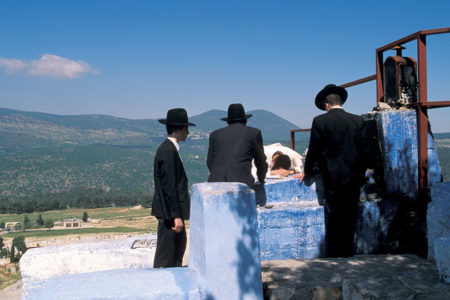Land Rights of the Kings
1 Samuel—Jeremiah
For 332 years (1375–1043 B.C.), judges ruled over Israel. When the prophet Samuel, Israel’s final judge, was old, he appointed his sons to take his place. However, the Israelites rejected Samuel’s choice and demanded a king. Though displeased with the request, Samuel followed God’s instructions to give Israel what it wanted (1 Sam. 8:1–7, 22).
So Samuel anointed Saul as king over Israel (9:2; 10:1). Saul willfully disobeyed the Lord during his reign, and God finally rejected him (15:22–23, 28), replacing him with David, a man after His own heart and for whom He expanded the Abrahamic Covenant that gives the Jewish people the land of Israel.
Samuel anointed David king over Israel (16:1, 13). David went to war against Israel’s enemies and acquired land God promised to the Jewish people in the Land Covenant He made with them (Dt. 28—30; see “Land Rights of the Patriarchs”). David also captured the Jebusites’ land, which later became Jerusalem.
It was David’s desire to build a Temple for the Ark of the Covenant. However, through Nathan the prophet, God informed David He would make an eternal, unconditional, covenant with him. This expansion of the earlier Abrahamic Covenant is the Davidic Covenant (2 Sam. 7:9–17).
It contains five provisions—all promises made to David:
- His name would be great (v. 9).
- He would have rest from his enemies (v. 11).
- He would have a son (Solomon) who would build a house (Temple) for God (vv. 12–13).
- Solomon’s kingdom would continue forever; his ruling dynasty would never cease (v. 13).
- David’s house (descendants), kingdom, and throne would continue forever (v. 16).
These promises are reiterated throughout Scripture and will never be broken (1 Chr. 17:11–27; Ps. 89; Jer. 33:14–22; Ezek. 37:24–25; Lk. 1:32–33). They also have prophetic implications:
- Israel must be a nation in the land before the seven years of tribulation that will come on all the earth begin, as indicated in Scripture (Dan. 9:27; Zech. 12—14).
- Jesus Christ, who is in the line of David, must return to reign and rule on David’s earthly throne (Lk. 1:32).
- At His Second Coming, Messiah Jesus will set up a literal Kingdom on Earth in Israel, and His Kingdom will be eternal (v. 33).
In time, God instructed David to erect an altar on the threshing floor of Araunah, which is Mount Moriah. David purchased the land for 50 shekels of silver (2 Sam. 24:18, 24). Scripture records that today Israel still holds the title deed to Mount Moriah, where Solomon’s Temple once stood.
Before the Babylonians carried Judah into captivity (597–586 B.C.), the prophet Jeremiah declared that God would make a New Covenant with Israel and Judah (Jer. 31:31–40; 32:40–44). The New Covenant guarantees Israel’s return to the land after being gathered from the nations of the world (31:1–9).
God said with absolute certainty Israel will never be completely destroyed or cast off as a people or nation, and it will occupy Jerusalem as long as the sun and moon rotate in their orbits (cf. Jer. 30:11; 31:35–40).
His New Covenant promises are unconditional and eternal and will come to fruition in their fullness after Christ’s Second Coming before the Kingdom Age.
The New Covenant is a continual reminder that God will keep His promises to Israel and preserve the Jewish people in their land forever.







